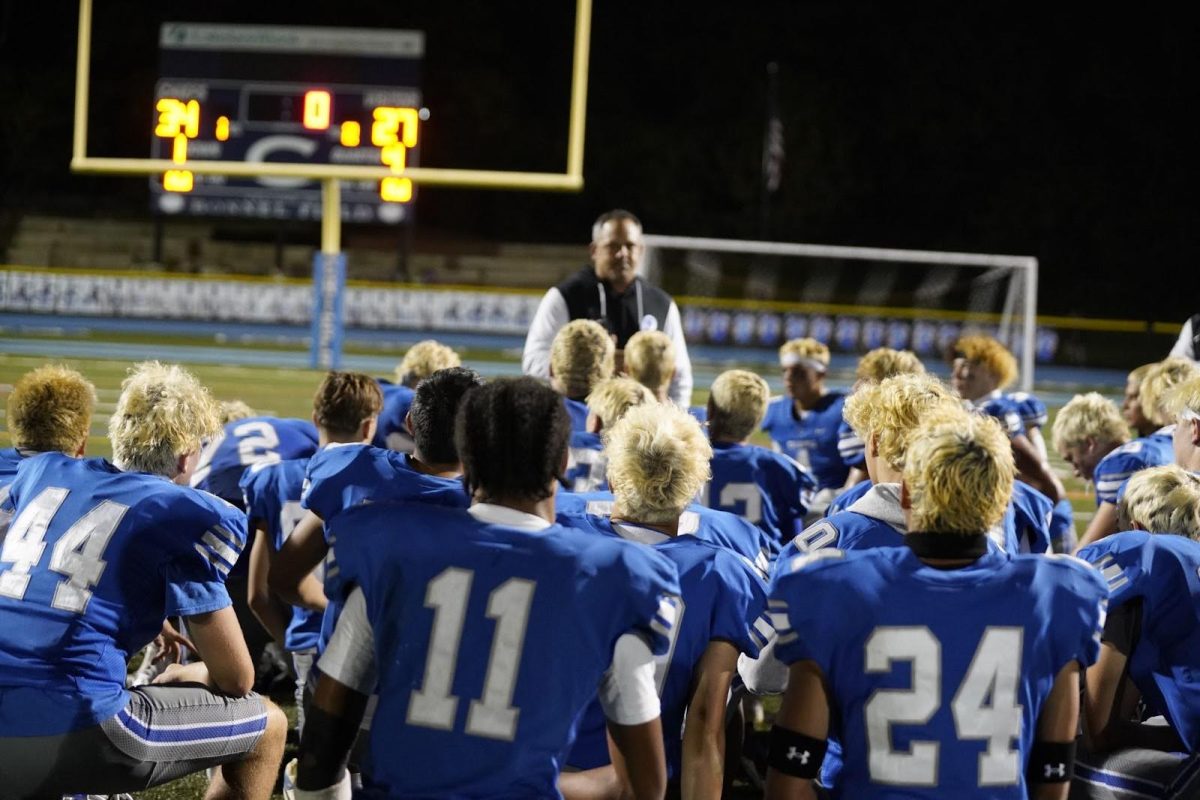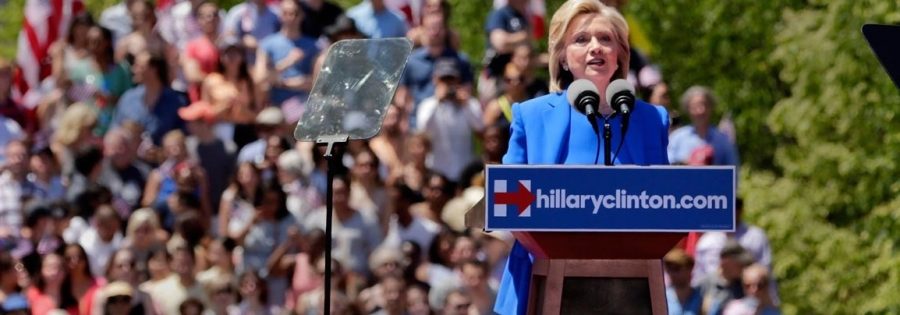By Varun Ravichandran
Candidates in both the Democratic and Republican parties are butting heads as the presidential primaries continue across various states.
The Republican Party’s presidential race, which at the beginning of the primaries was crowded with 12 candidates, has fallen down to just four candidates vying for the party’s nomination. After Jeb Bush’s departure from the race, only Marco Rubio, Donald Trump, Ted Cruz, and John Kasich remain. Meanwhile, the focus of the Democratic race is, and has been, been centered on Hillary Clinton and Bernie Sanders, who are now the only two

candidates remaining in those primaries.
There was a lot at stake the morning of Super Tuesday in the Democratic primary as Clinton and Sanders remained locked in a rather tight race. The first caucus in Iowa had handed Clinton a narrow victory, but Sanders had easily captured the primary in New Hampshire. Even though Clinton managed to secure her lead with a victory in South Carolina the following week, the sheer amount of votes available during Super Tuesday made it highly volatile. Ultimately, Clinton was victorious in 7 out of the 11 contested states, firmly establishing her lead. Despite Sanders’ competitiveness among regular delegates, Clinton has attracted far more superdelegates, allowing her to expand her lead easily. Neither candidate was able to make significant gains the weekend after Super Tuesday. Clinton captured the largest state remaining, Louisiana, but Sanders offset that loss by taking Maine, Kansas, and Nebraska.
The Republican stage of the fight has been dominated by the bombastic presence of Donald Trump. His many controversial statements and actions, including making all of his supporters pledge allegiance to him at a Florida rally, has polarized voters. Despite all of these conflicting factors, he has remained in the lead in the Republican half of the primaries. After losing Iowa to Cruz, Trump quickly won voters over in South Carolina and Nevada. Super Tuesday was hugely successful for Trump, resulting in victories in 7 of 11 states while Cruz took 3 and Rubio just 1 state, respectively. However, in the primaries following Super Tuesday, Cruz won both Maine and Kansas by large margins, allowing him to make up some ground.
In the upcoming weeks, it will be key to see whether Trump and Clinton can not only maintain their leads but reach the necessary number of delegates to gain the nomination of their parties. Given the divisive nature of American politics today, it is increasingly difficult to see who will ultimately emerge on top. Regardless of the outcome, this election season is set to be a rollercoaster ride and a close fight to the finish.






























